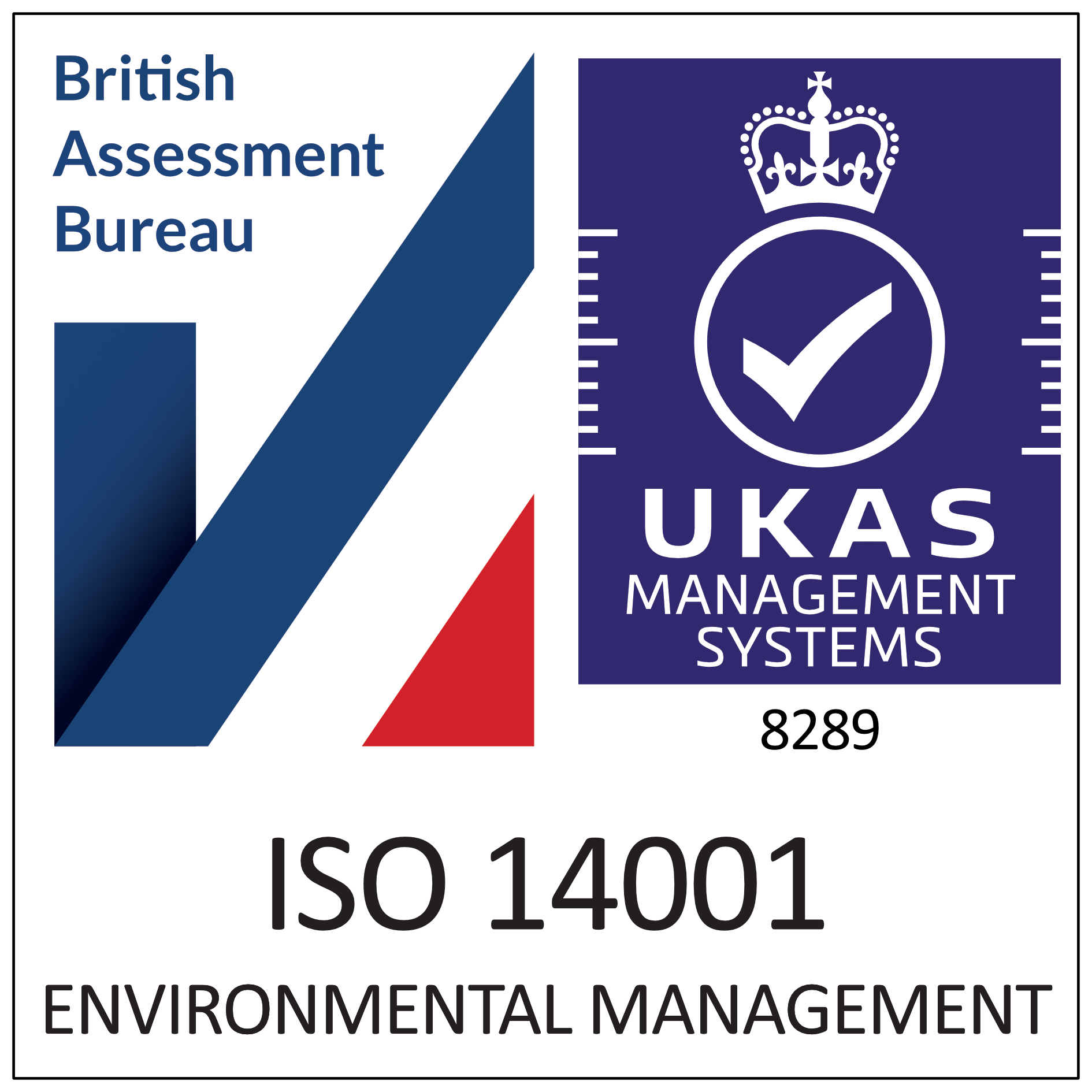

Search our website for news, courses, and general information
Course code: XMZU000P
Subject area: Auto Care & Motor Vehicle
Study level: Apprenticeship
Course level: 3
Course time:
09:00 - 17:00
Days of week:
Various
Course date:
1st Aug 2024 - 31st Jul 2025
Course location:
Off SiteDuration:
18 months practical training period, plus 3 months for End Point Assessment
Delivery model:
Work-based training with your employer
Day release during term time (approximately 1 day a week for 18 months)
Approximately 8-12 on-site assessment visits during the practical training period
Level 2 Functional Skills in Maths and English (7 days at college for each, if required)
Off the job training will count for at least 6 hours a week of an apprentice’s time at work
Qualifications include:
• Level 2 Functional Skills in English and Maths
• Level 3 Award in Automotive Refrigerant Handling (F-Gas)
• Level 2 Functional Skills in English and Maths
• Level 3 Award in Automotive Refrigerant Handling (F-Gas)
How vehicle service and repair is impacted by legislative, regulatory and ethical requirements
The structure of the industry and how the business works from an operational perspective
How to develop positive working relationships and communicate effectively and how to carry out self-evaluation and improve own performance
The procedures for the maintenance of tools and the workshop
Routine servicing and inspection procedures
Steering and suspension geometries; electrical circuit requirements and calculations
Construction and operation of vehicle components and systems
Common fault types, causes and effects of different types of faults
The implications of fitting accessories and carrying out vehicle modifications
How to diagnose faults using suitable fault-finding strategies
Construction and operation of advanced electrical, braking and suspension systems, engine and transmission systems and engine and gear calculations
Vehicle emissions and legal requirements
Alternative fuels and hybrid and electric systems.
Demonstrate due regard for own safety and that of others
Carry out fundamental tasks associated with removal and replacement procedures.
Obtain diagnostic and repair information
Interpret diagnostic information and use wiring diagrams to determine serviceability.
Use a range of diagnostic equipment.
Follow recognised diagnostic procedures, logical diagnostic sequence and apply advanced diagnostic principles and problem-solving techniques to establish faults.
Report faults using company procedures and recommend suitable further actions.
Follow recognised repair procedures to complete a wide range of repairs including those which involve complex procedures, or in-depth knowledge.
Test the function of repaired and fitted components.
Complete documentation following workplace procedures.
Use ICT to create emails, word-process documents and carry out web-based searches.








